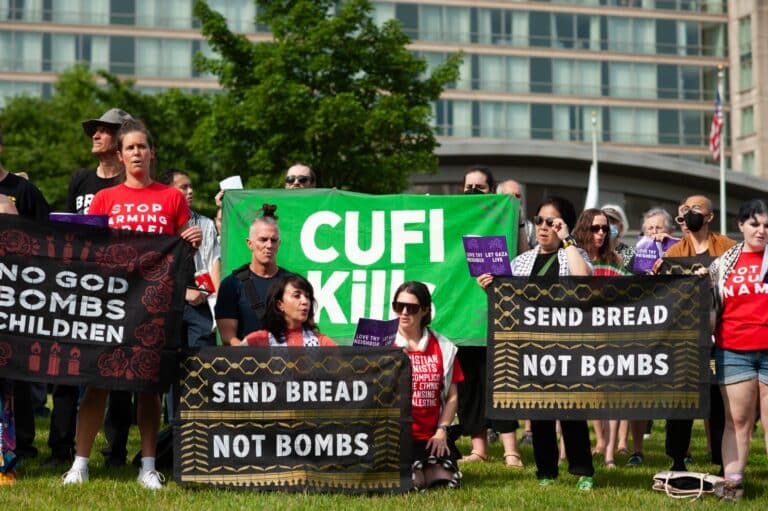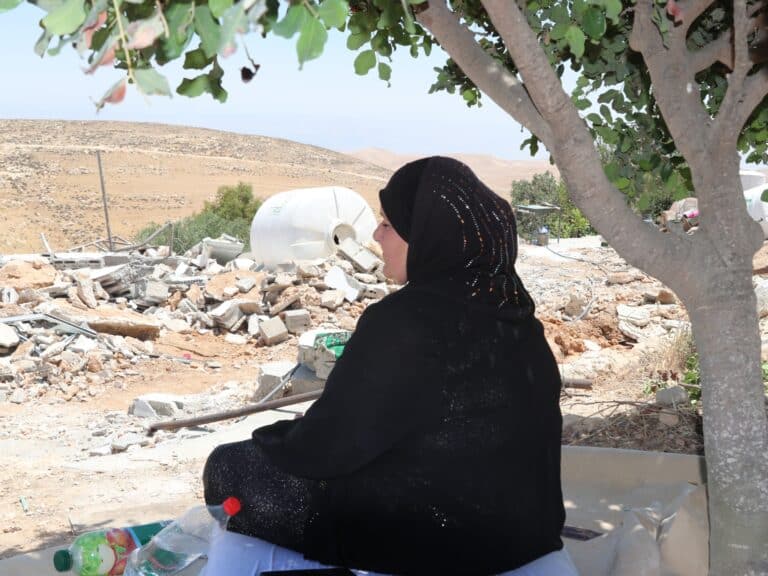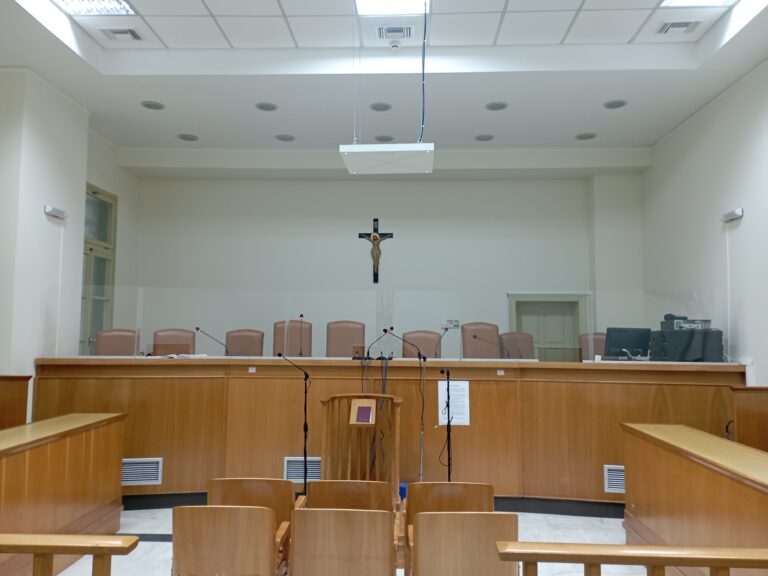Canada and USA Endorse UN Declaration on the Rights of Indigenous Peoples
by Peter Haresnape
On 12 November 2010, Canada endorsed the United Nations Declaration on the Rights of Indigenous Peoples (UNDRIP). The USA followed suit on 16 December. Both countries, along with Australia and New Zealand, initially voted against the Declaration when the UN General Assembly adopted it on 13 September 2007, but with these recent endorsements, the Declaration is now unanimously recognized by the international community.
The Declaration is the result of more than 20 years of discussions and negotiations, making it one of the most carefully designed instruments to support human rights on an international level. According to Amnesty International, “The Declaration does not create new or special rights. Instead, it provides urgently needed guidance in applying existing international human rights standards to the specific circumstances and needs of Indigenous Peoples.” (See full text at https://goo.gl/kXb7o)
How the Declaration will affect the attitudes and actions of the USA and Canada towards Indigenous Peoples remains to be seen. Both countries must demonstrate respect for Indigenous knowledge and law, and understanding of their colonial histories and present practices.
The Declaration sets out minimum standards expected of governments in relation to Indigenous Peoples, which Canada has yet to meet.
In announcing U.S. support for the Declaration during the White House Tribal Nations Conference, President Obama offered examples of recent efforts to amend past wrongs and improve current conditions for Indigenous communities in the USA, saying, “What matters far more than words […] are actions to match those words.”
Beyond endorsement, implementation will be the true test of the Declaration’s value. According to Aboriginal and human rights law expert Robert T. Coulter, “Only through continued use will its provisions become our reality.” (See https://goo.gl/duGDU)
Members of Barriere Lake First Nation took that message to heart when, on 13 December, they delivered a copy of the Declaration to Prime Minister Stephen Harper as part of their campaign against Canadian interference in their traditional governance.Like them, we must be ready to use the Declaration in calling our governments to account for their actions, and in building relationships with Indigenous peoples as individuals and as nations.
“We owe a very great debt of gratitude to those who remember the old ways to live and honor the earth. And yet, we have ignored them, oppressed them, and even stripped them of the land that is their life. The United Nations Declaration on the Rights of Indigenous Peoples is an important step toward protecting these vulnerable members of our human family, of giving them the dignity and the respect that they sorichly deserve.”
– South African Archbishop Desmond Tutu
UNDRIP Article 22.2: “States shall take measures, in conjunction with indigenous peoples, to ensure that indigenous women and children enjoy the full protection and guarantees against all forms of violence and discrimination.”
UNDRIP Article 28.1: “Indigenous peoples have the right to redress, by means that can include restitution or, when this is not possible, just, fair and equitable compensation, for the lands, territories and resources which they have traditionally owned or otherwise occupied or used, and which have been confiscated, taken, occupied, used or damaged without their free, prior and informed consent.”
UNDRIP Article 25: “Indigenous peoples have the right to maintain and strengthen their distinctive spiritual relationship with their traditionally owned or otherwise occupied and used lands, territories, waters and coastal seas and other resources and to uphold their responsibilities to future generations in this regard.”
“The tragic and brutal story of what happened to us, especially at the hands of governments, is well known… But today, with the adoption of the Declaration on the Rights of Indigenous Peoples by the United Nations General Assembly, we see the opportunity for a new beginning, for another kind of relationship with States in North America and indeed throughout the world.”
– Statement of Indigenous Representatives from the North America Region, 13 September 2007



